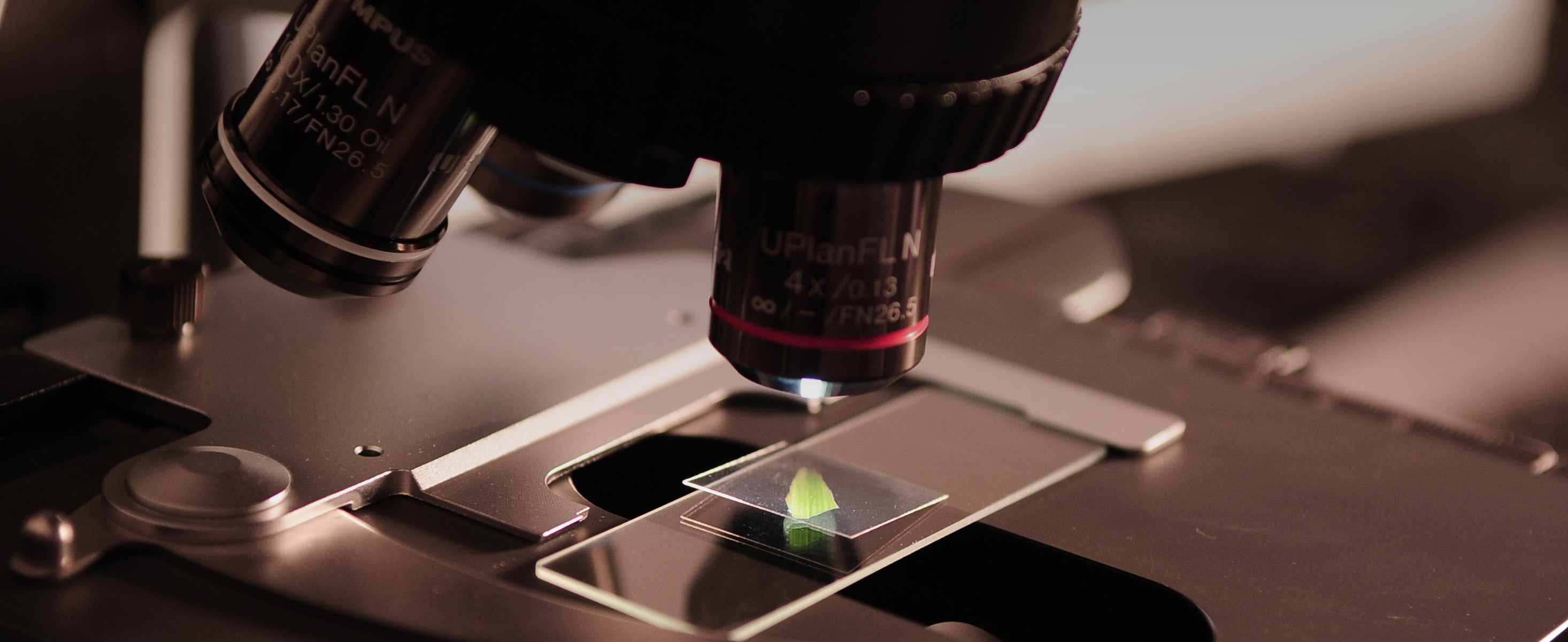
3 minute read
Optical Arts
from Aston in Touch 2018
by Aston Alumni

Dr Valldeflors Vinuela-Navarro
Dr Valldeflors Viñuela-Navarro is no ordinary optometrist. She does not wear a lab coat or use a standard eye-chart. Her white cardigan is dotted with multicoloured pom-poms and she says that sometimes you have to avoid following a set list of actions - the optometrist’s ‘protocol’ - during eye examinations. This is because Dr Viñuela-Navarro (known to everybody as Flors) is an expert in eye-care for children with special educational needs - disabilities such as Down’s syndrome, autism and ADHD.
Advertisement
“My father is an optometrist, my uncle is an optometrist, my cousin is an optometrist, my great-grandfather was an optometrist,” she says with a laugh when asked how she got into the field of vision sciences. “My family has its own practice and I used to run around in it when I was young. I did my degree in Spain, where I come from, but after being in practice in the family business for a couple of years I realised that I didn’t want to be in mainstream optometry doing sight tests every day. So I came to the UK and did a Masters at Manchester University.”
With optometry in her family and clinical experience already on her CV, Dr ViñuelaNavarro passed with flying colours and was persuaded to apply for funding to do a PhD. She chose Cardiff University, where she worked alongside Dr Maggie Woodhouse OBE, a world-leading optometrist and researcher on visual development in children and young people with Down’s syndrome. Unlike her previous experience doing routine sight tests, working with these children required flexibility and an open mind.
“Like any child they want to have fun,” she explains. “The eye test has to be something that is exciting; different; funny. As long as you can adapt your routine to something that the child would find interesting, you can achieve anything.”
Having completed her PhD - and after two years of postdoctoral experience - she moved from Cardiff to Birmingham, where she joined Aston University’s Vision Sciences department. In a relatively short time she has set up a clinic devoted to children with special needs which attracts patients from as far afield as West Yorkshire, Berkshire and Suffolk. Patients from all over the Midlands, including Warwickshire and Leicestershire, routinely attend and she is also running a project in Midlands’ special schools, testing an easy-to-use machine that screens for major vision problems.
Her enthusiasm for the work comes across clearly. “Something I like about this field is that it challenges me to think outside the box and make it interesting for that specific child,” she says.
Even Dr Viñuela-Navarro’s toolkit is different from the standard machines and gadgets used in adult and mainstream optometry. She does not use digital eye-charts, for example, but has a series of large-scale cardboard charts (called Teller Acuity Cards) which have square-wave gratings and a peep-hole in the middle. She uses these to measure visual acuity in babies. Alongside her clinical work she is giving students new skills that are not routinely taught, despite a growing demand across the country.
“When we train optometrists in universities they start practicing with young adults who have no vision problems and in the final year they provide eye-care to the general public,” she says. “Most of the time the patients are adults so the students are used to communicating with people who can very well understand them. But when you are testing children - with or without disabilities - you have to modify the way you talk and you have to be approachable. That’s something I find optometrists struggle to do.”
Although students are able to observe professionals working in hospitals, Dr Viñuela-Navarro is giving them the opportunity to do some of the tests themselves, which she hopes will build their confidence. “They really appreciate it,” she says. “The first time I tested a really young child at Aston University, all the optometry students wanted to come and see it. I ended up asking the mum if it was OK as there were 20 students queuing up to see this baby! But I think it’s a very good experience for them. When they see a six-month-year-old when they are in practice they will think ‘I’ve done this before!’ and the experience will be useful to them. Most of the time we have good luck with the patients and it’s really good fun.”

Dr Viñuela-Navarro joined Aston University in 2017 as a Lecturer in Optometry. She is the recipient of an excellence award from the College of Optometrists and the Giles Van Colle Memorial Foundation for her research into the eye-movements of children with learning-related disabilities.



